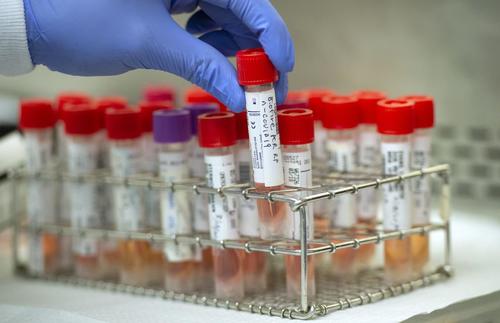Source: Zero Hedge
Days after Rice University delayed its first two weeks of classes due to a high number of students testing positive for Covid-19, the Houston, Texas-based college revealed that upon a retest of dozens of students, “all but one of those have turned out to be negative.”
According to an Aug. 22 letter to the campus community from VP for Administration Kevin E. Kirby, “anomalies” in the initial round of testing prompted the retests, after the university ramped up testing on Aug. 13 using three different test providers. Around 4,500 tests were conducted over a 9-day period, with 81 positive results – a sky high positivity rate of 2% which prompted the delay of in-person instruction.
“For Rice, a 2 percent rate would be significantly higher than our historical positivity rate of 0.24 percent over the last year when we ran about 150,000 tests,” said Kirby. “This unusual campus positivity rate prompted us to take quick action and assume a more cautionary posture until we could determine whether there was a significant risk of widespread infection.”
After 90% of the positive test results came from just one provider, and most cases involved people reporting no symptoms, officials grew suspicious. An investigation revealed that the provider had changed its protocol to determine test results without the university’s knowledge.
Rice did not name the provider, so we can only hope they aren’t widely used elsewhere.
“Then we retested about 50 people who initially tested positive. Each of them was tested two additional times, on two different days, by two different test providers, and all but one came back negative,” wrote Kirby, adding that students who had false-positive tests had been released from isolation.
Despite the false positives, Rice officials say they will stick to two weeks of online classes, but students who delayed moving in to campus until after Sept. 3 can go ahead.
“Our commitment is to be fast, flexible and nimble responding to anything involving the safety of individuals and the overall health of our community,” reads the letter. “We recognize and regret that these testing anomalies have caused tremendous difficulties for all involved.”
At present, the university’s COVID dashboard shows 27 positive tests since Aug. 13. Approximately 95% of the university’s population of more than 12,000 are vaccinated according to a survey.


